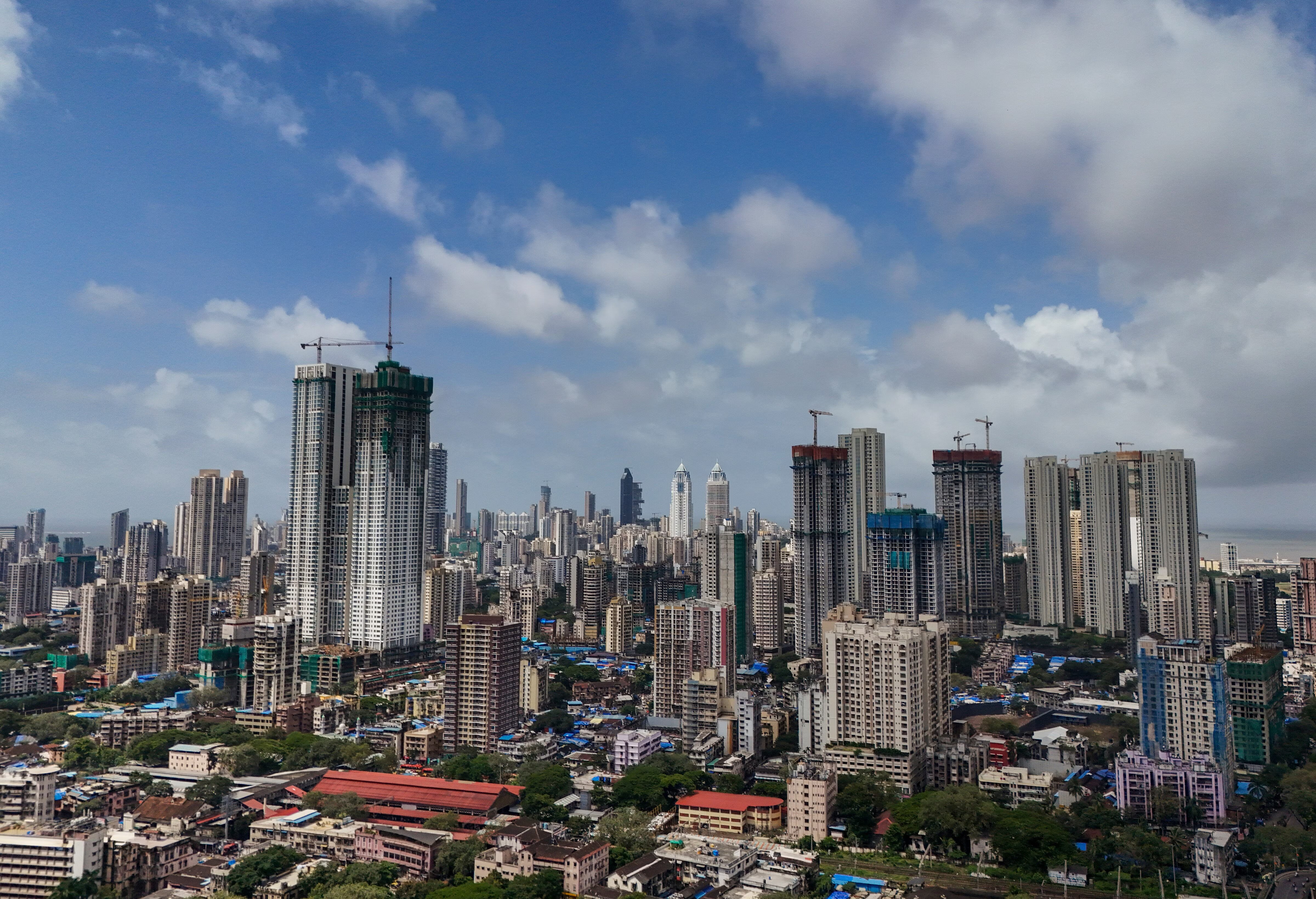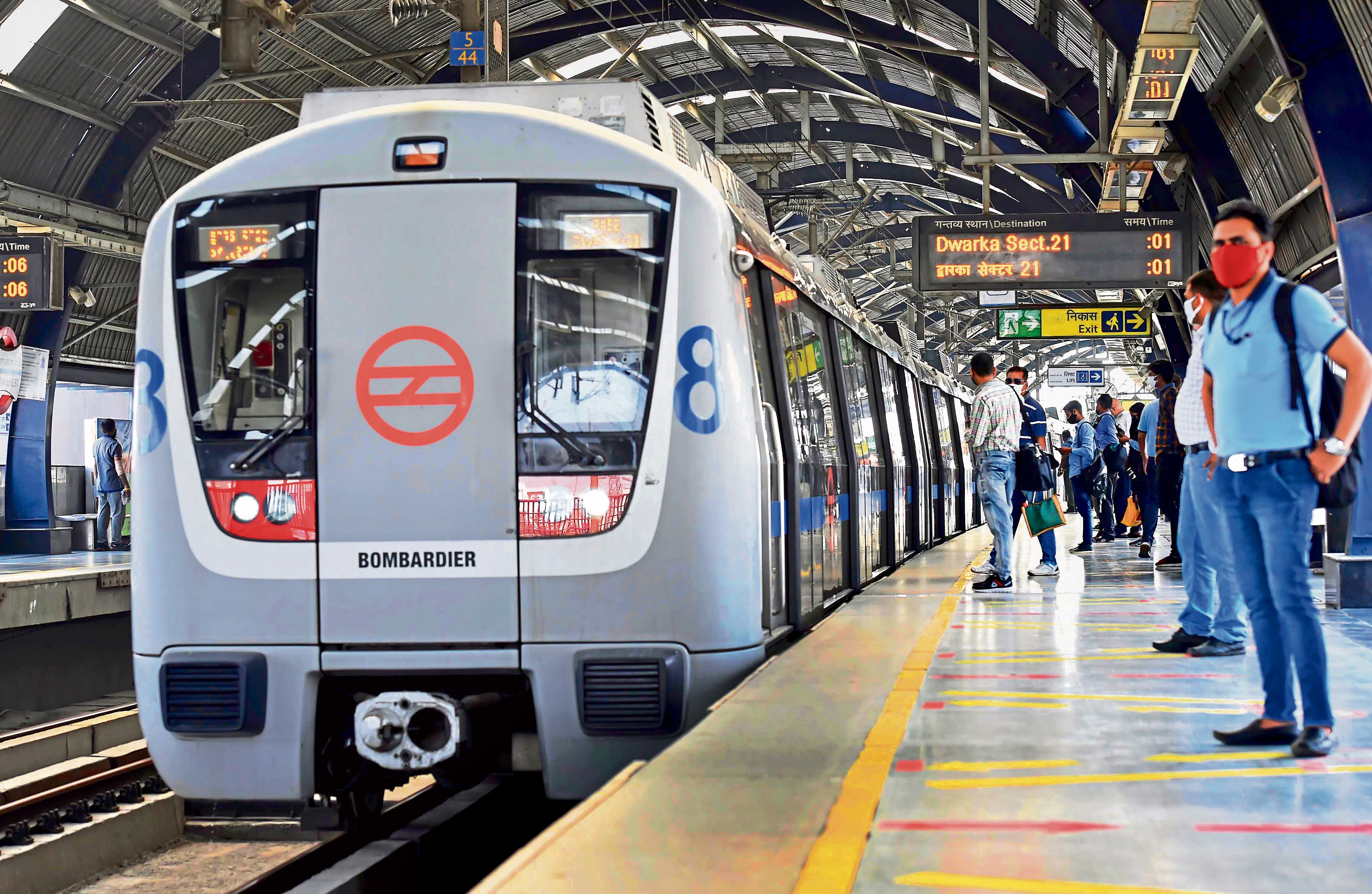Choosing the right city in India requires carefully weighing job opportunities, infrastructure, lifestyle, and cost of living. While many cities offer charm or cultural appeal, only a few combine career prospects with livable conditions. After analyzing these factors, four cities emerge as the most practical options for professionals and families alike: Delhi, Mumbai, Bengaluru, and Pune.
1. Delhi
Delhi provides one of the most diverse employment landscapes in India. Government offices, corporate hubs, and a growing startup ecosystem create opportunities across multiple sectors, from IT and finance to creative industries. NCR areas like Gurgaon and Noida further expand the range of career options, offering modern office complexes and global corporate environments.
Key highlights:
- Metro network exceeds 390 km, making it one of the most extensive and reliable public transport systems in India.
- Cultural and recreational options abound, including historical landmarks, shopping centers, and public parks.
Challenges and solutions:
- Air pollution can reach hazardous levels in winter, but living near green belts or using filtered office spaces can reduce exposure.
- Traffic congestion remains a concern, though increased metro use and carpooling apps help manage commuting stress efficiently.
2. Mumbai
Mumbai is the financial capital of India and contributes nearly 6% of India’s GDP. The city hosts banks, media, entertainment, and a growing number of startup ecosystems, making it one of the most economically dynamic urban centers in the country.
Key highlights:
- Local trains cover 465 km, transporting millions of commuters daily, while expanding metro and monorail networks improve connectivity.
- The city offers vibrant lifestyle options, including nightlife, diverse cuisines, art events, and recreational spaces.
Challenges and solutions:
- High rent can be mitigated by living in suburban neighborhoods that provide quality schooling and amenities.
- Monsoon flooding is an occasional challenge, addressed through municipal drainage improvements and elevated residential or office areas.
3. Bengaluru
Bengaluru is India’s premier IT hub, hosting global companies, startups, and research centers. IT exports from the city reached USD 16 billion in 2023. This concentration of technology and innovation makes Bengaluru an attractive destination for professionals looking to build a career in software, IT services, or entrepreneurship.
Strengths:
- Metro lines and buses provide coverage across major city areas, while parks like Cubbon Park and Lalbagh enhance the city’s livability.
- The culture is young and progressive, with a wide selection of cafes, coworking spaces, and cultural events.
Challenges and solutions:
- Traffic congestion during peak hours can be mitigated through staggered office timings and remote work options.
- Water scarcity is addressed through city initiatives like rainwater harvesting and lake rejuvenation projects.
4. Pune
Pune offers a balanced combination of work opportunities and livability. The city’s economy is driven by IT companies, automotive manufacturing, and educational institutions, creating a mix of professional roles for both young professionals and experienced workers.
Highlights:
- Pune is greener and less crowded than Delhi, Mumbai, or Bengaluru, providing a calmer environment for families and individuals.
- Affordable rents and moderate living costs make it suitable for long-term settlement.
- Metro is under construction, but bus networks efficiently cover most city areas.
Challenges and solutions:
- Monsoon-related disruptions are mitigated through improved drainage systems and elevated road designs, ensuring minimal impact on daily life.
Why Other Cities Are Less Realistic
Cities like Kolkata and Chennai have unique advantages, including historical significance, cultural vibrancy, and stability, but they lag in infrastructure development and broad economic opportunities. Kolkata struggles with frequent flooding, traffic congestion, and slower job growth, while Chennai has opportunities concentrated in specific industries, limiting flexibility for professionals seeking diverse career paths.
For professionals prioritizing career growth, modern infrastructure, and urban lifestyle, the realistic options are:
- Delhi – Diverse opportunities and extensive metro connectivity
- Mumbai – Financial hub, vibrant lifestyle, expanding metro network
- Bengaluru – Technology-driven economy, progressive culture, green urban spaces
- Pune – Affordable, balanced lifestyle, growing corporate presence
Strategic city planning, expanding metro networks, and sector-specific opportunities make these four cities suitable for both short-term relocation and long-term settlement.
FAQ
Q1. Which city offers the best work-life balance?
A. Pune is often preferred due to lower density, greenery, and moderate climate.
Q2. Is Mumbai suitable for families?
A. Yes, especially in suburban neighborhoods with access to quality schools and healthcare.
Q3. How developed is Bengaluru’s public transport?
A. Metro and bus networks cover major areas, though traffic remains a challenge during peak hours.
Q4. Are these cities affordable for young professionals?
A. Delhi and Pune provide relatively affordable options in suburban areas, while Mumbai and Bengaluru are more expensive but offer higher salaries to compensate.






